Controversy over the legalization of marijuana has recently found its way back into the spotlight with President Donald Trump’s newfound promise to call for greater enforcement of federal laws on recreational use of the drug.
During his campaign, Trump flip-flopped a bit on his position concerning the legalization of marijuana, saying in June 2015 he felt strongly that legal recreation of marijuana was “bad," but later in October 2015 that it should be a state-by-state issue. However, as of this week, the Trump Administration is pushing back on the Obama Administration’s stance of respecting states’ rights on the matter.
In recent news, however, Press Secretary Sean Spicer made it clear during his February 23rd, 2017 press conference that the Trump Administration’s stance would be quite the opposite – using a slippery slope argument to link a lax stance on marijuana use to widespread abuse of painkillers and condoning drug use more widely.
However, research has shown that marijuana is actually less dangerous than already-legal tobacco and alcohol use, with lower risk of mortality and addiction.
Research results confirm that the risk of cannabis has been notoriously overestimated, while in the same vein the risk of tobacco and alcohol have been commonly underestimated. A user would have to consume 20,000 to 40,000 times the amount of THC in a single joint to overdose (as compared to alcohol’s overdose of 30 times the equivalent of one drink) and in the thousands of years of human consumption of cannabis, there has not been a single documented death from its use.
In addition to this, marijuana was originally criminalized in an effort by Nixon’s top aides in the 1980s to utilize the war on drugs to criminalize his top two political enemies: left-wing hippie-type liberals and people of color, who were the top two users of the drug. In criminalizing this drug use, Nixon’s Administration made it possible to incarcerate his opposition, causing cannabis users to be taken out of the national conversation and lose the right to vote upon imprisonment.
It cannot be a coincidence that in the same week Trump rescinded Obama’s promise to phase out private prisons and took a stricter stance on marijuana laws, calling into question the real purpose behind both announcements.
A Quinnipiac University poll shows that 71% of Americans would oppose efforts to enforce federal marijuana laws, 93% of voters would support legalization for medical purposes and 59% would support legalization for all purposes – yet the White House under the Trump Administration wants otherwise. With all this at play, it becomes prudent to look at the states which have already legalized recreational marijuana and see whether this legislation lead them to apparent turmoil as Spicer’s slippery-slope argument would suggest.
In reality, Washington and Colorado’s 2012 legalization of marijuana can show how legalization could actually prove beneficial to the nation’s economy, generating revenue from taxation of recreational use.
Colorado’s Amendment 64 legalized recreational cannabis use for adults. In the years since the amendment passed, cannabis has become part of the landscape of the state with shops, grow sites, and cannabis tours scattered throughout, though public consumption is illegal and alcohol is still a more popular choice. Contrary to some thought, legalization has not caused for Amsterdam-type cannabis clubs and saturated use. New regulations are introduced constantly while the legislation leaves it up to cities to decide whether shops and grow sites will be allowed, and possession is still not allowed on federal-owned land.
Even with these consistent regulations however, Growing Pueblo’s Future, an organization which made headlines for their use of cannabis taxes for college scholarships, says that over 1,300 jobs and $3 million in tax revenue have generated through pot businesses alone in 2015.
It is estimated that 250,000 jobs will be created by 2020 with continued recreational legalization, through grow sites, shops, tourist sites, and more.
Back in 2015, Colorado saw almost a billion dollars in marijuana sales and about $135 million from marijuana taxes. 2016 was expected to bring in $1.2 to $1.3 billion in sales, with taxes generating between $150 to $170 million.
This revenue has gone to fill in Colorado’s budget, allowing the state government to provide additional funds to previously crumbling school infrastructure and education both on the system itself and additional programming to teach their youth about cannabis use and safety, college scholarships, substance abuse aid, infrastructure, and solutions to homelessness.
Similarly, Washington made $270 million in tax revenue on marijuana sales in 2016 and Oregon made $3.48 million in only the first month of legalization and was projected to make $10.75 million in 2016.
Since Colorado’s legalization of recreational marijuana, there has not been an increase in teen substance use, and DUI-caused fatal accidents are actually down. Washington saw a 90% decrease in substance abuse arrests and Colorado saw a 60% decrease.
Marijuana prohibition costs the US $465 million per year on arrests alone, and $3.6 million per year on marijuana law enforcement. It has been estimated that states without legalized recreational marijuana lose $28 billion per year.
Though legalization of recreational marijuana is not the end-all solution to our country’s budgetary issues, Colorado, Washington, and Oregon prove that it is in fact a viable option – from the money saved on marijuana-related arrests and law enforcement to the revenue created from substance taxation, this money could do wonders for the country’s failing education system, failing infrastructure, and ever-increasing rates of homelessness.




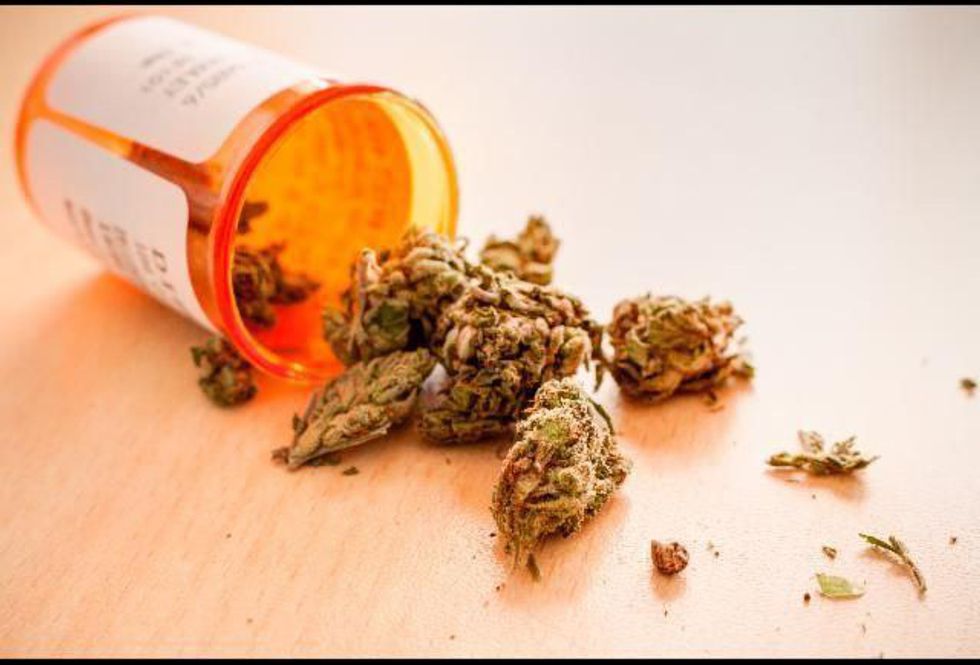
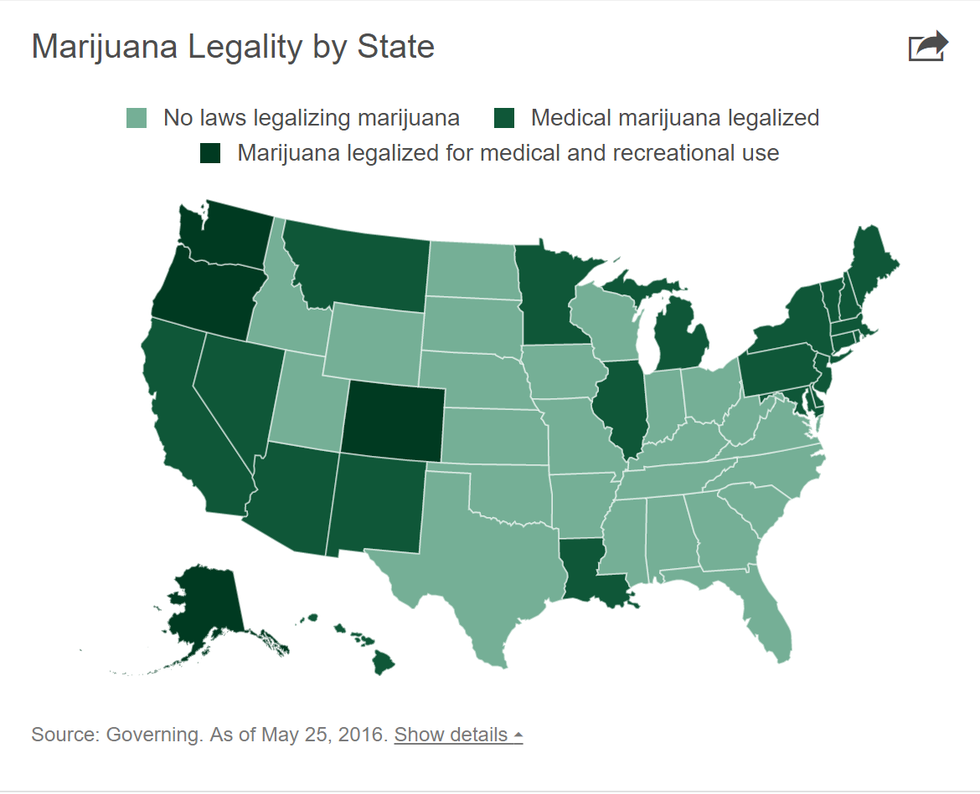
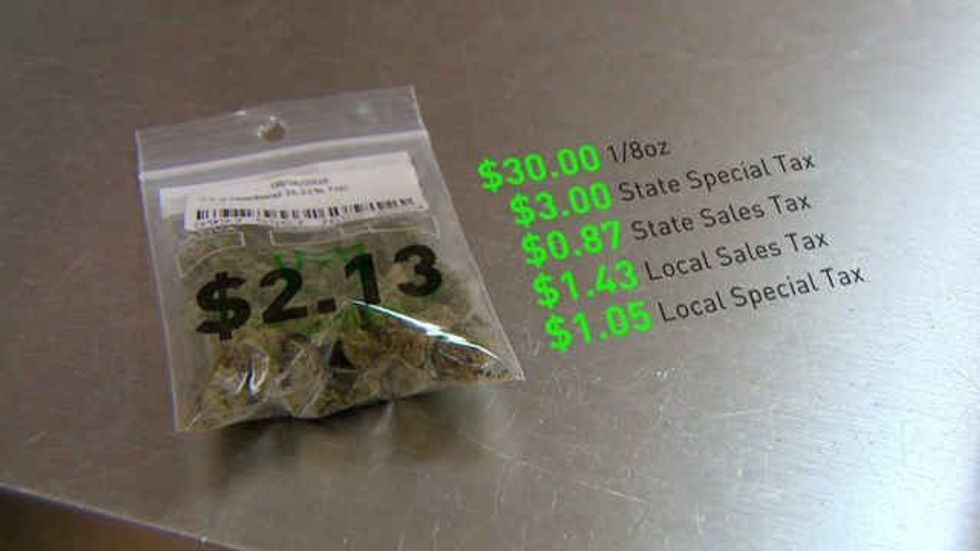
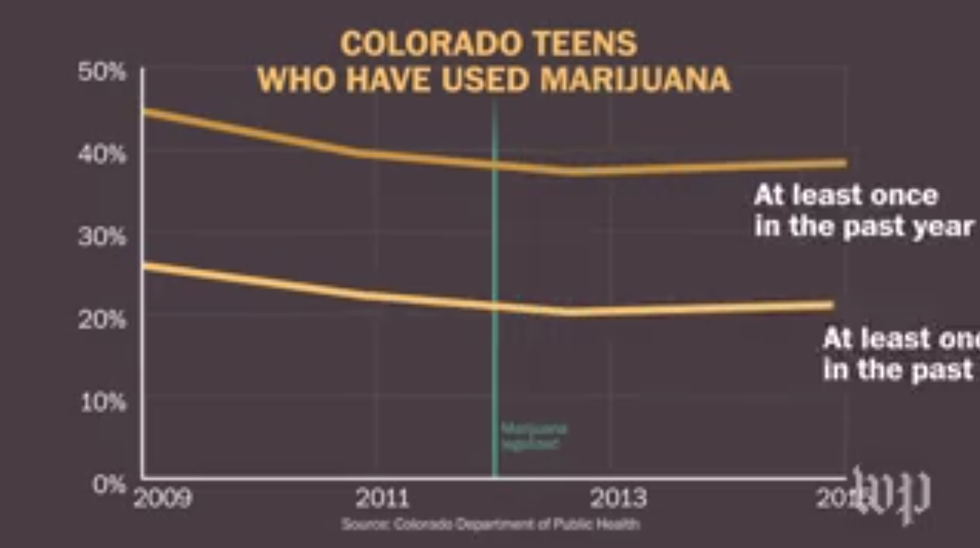
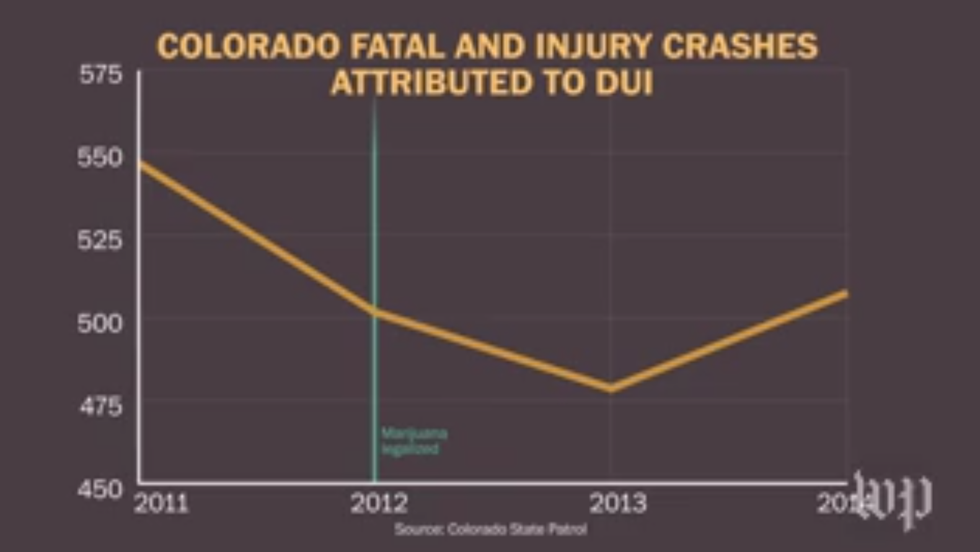




 The minimum wage is not a living wage.
StableDiffusion
The minimum wage is not a living wage.
StableDiffusion
 influential nations
StableDiffusion
influential nations
StableDiffusion












